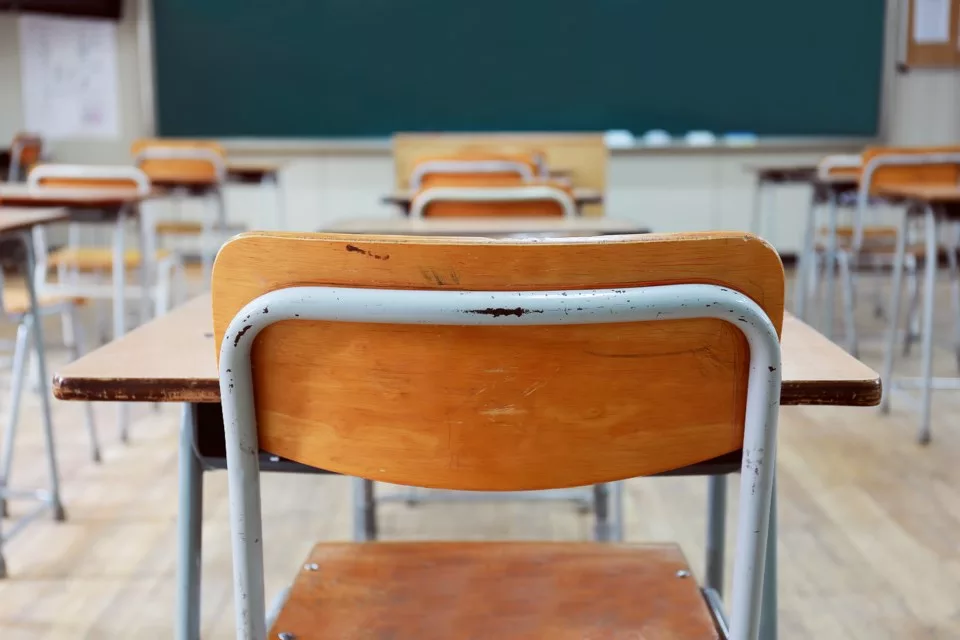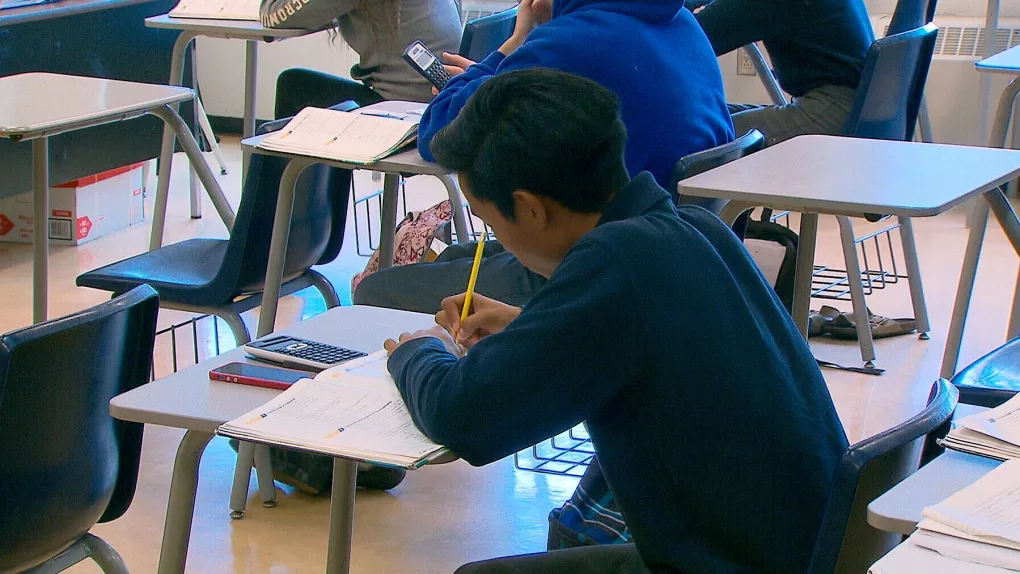Special Education Programs and Support in Ontario Schools are vital components of an inclusive education system that aims to provide every student with equal opportunities for academic success and personal growth. These programs are designed to meet the diverse needs of students with disabilities, exceptionalities, or learning difficulties, ensuring that they receive the necessary accommodations, interventions, and personalized support.
Ontario schools have implemented a robust framework supported by legislation, policies, and collaborative approaches, empowering educators, parents, and the community to create inclusive learning environments where every student can thrive. From identification and assessment to individualized education plans, from inclusive practices to assistive technologies, these programs prioritize the unique needs of each student.
Table of Contents
Special Education Programs and Support in Ontario Schools
Overview of Special Education in Ontario Schools
In Ontario, special education programs play a crucial role in providing tailored support to students with diverse learning needs. These programs are designed to ensure that every student, regardless of their abilities or disabilities, has equal access to education. Schools in Ontario have a well-established framework for special education that is guided by legislation and policies.
The focus is on creating inclusive learning environments where students can thrive academically, socially, and emotionally. Special education programs in Ontario schools encompass a range of services and strategies to meet the unique needs of students with disabilities, learning difficulties, or exceptionalities.
Legislation and Policies for Special Education Programs
Special education programs in Ontario schools operate within a legal framework defined by legislation and policies. The Education Act and the Ontario Ministry of Education’s policy documents outline the rights and responsibilities of students with special needs and the obligations of schools.
These laws ensure that schools in Ontario provide appropriate accommodations, support, and resources to students with disabilities. By adhering to these regulations, Ontario schools strive to create an inclusive educational environment that fosters the full participation and success of all students.
Identification and Assessment of Students with Special Needs
To provide effective special education programs, schools in Ontario follow a comprehensive process for identifying and assessing students with special needs. This process involves collaboration among educators, parents, and specialists to gather information about a student’s strengths, challenges, and learning requirements.
Various assessment tools and strategies are used to determine the most appropriate support and interventions. Through ongoing assessment and monitoring, Ontario schools ensure that students receive the necessary accommodations and modifications to meet their individual educational goals.
Individual Education Plans (IEPs) and Personalized Learning
Individual Education Plans (IEPs) are an essential component of special education programs in Ontario schools. An IEP is a personalized document that outlines specific learning goals, accommodations, and support services for a student with special needs. It is developed collaboratively, involving parents, educators, and other professionals, and is regularly reviewed and updated.
IEPs provide a roadmap for delivering specialized instruction and support to help students achieve their full potential. They promote personalized learning by tailoring teaching strategies, curriculum modifications, and assessment methods to meet each student’s unique needs.
Special Education Resources and Assistive Technologies
Schools in Ontario recognize the importance of providing appropriate resources and assistive technologies to support students with special needs. These resources can include specialized instructional materials, adaptive equipment, communication devices, and software applications.
By integrating assistive technologies into the learning environment, educators can enhance students’ access to the curriculum and promote their independence. Ontario schools continually update their resource libraries and ensure that educators receive training on utilizing these tools effectively.
Inclusive Education Practices and Classroom Accommodations
Inclusive education practices are fundamental to special education programs in Ontario schools. These practices involve creating inclusive classrooms where students with diverse abilities learn together. Inclusive classrooms emphasize collaboration, peer support, and differentiated instruction.
Teachers employ a variety of accommodations, such as modified assignments, extended time for assessments, or preferential seating, to meet students’ individual needs. By fostering a sense of belonging and acceptance, inclusive education practices promote positive academic and social outcomes for all students.
Collaborative Approaches in Special Education Teams
Special education programs in Ontario schools rely on collaborative approaches that involve a team of professionals working together to support students with special needs. This team may include special education teachers, classroom teachers, educational assistants, speech-language pathologists, and psychologists, among others.
Through regular communication, joint planning, and sharing of expertise, these teams ensure a coordinated and holistic approach to supporting students. Collaboration enhances the effectiveness of special education programs and allows for a comprehensive understanding of students’ needs and progress.
Transition Planning for Students with Special Needs
Transition planning is a crucial aspect of special education programs in Ontario schools, especially as students move from one educational level to another or from school to post-secondary education or employment. Transition plans are designed to support students in successfully navigating these changes.
They involve setting goals, developing necessary skills, and connecting students with community resources and support services. By facilitating smooth transitions, Ontario schools help students with special needs make successful educational and vocational transitions.
Parent and Community Involvement in Special Education
Parents and the wider community play a vital role in supporting special education programs in Ontario schools. Open lines of communication and collaboration between parents, educators, and the community are essential to ensure the best outcomes for students with special needs. Ontario schools encourage parental involvement in the development and review of IEPs, as well as in decision-making processes regarding their child’s education.
In addition, partnerships with community organizations and service providers enable schools to access a wide range of resources and expertise to support students with special needs.
Monitoring and Evaluation of Special Education Programs
Continuous monitoring and evaluation are integral to the success of special education programs in Ontario schools. By regularly assessing the effectiveness of programs and interventions, schools can identify areas of improvement and make necessary adjustments. Monitoring includes tracking student progress, reviewing IEPs, and collecting feedback from students, parents, and educators.
Evaluation may involve analyzing student outcomes, assessing program fidelity, and examining the overall impact of special education initiatives. Through a data-driven approach, Ontario schools ensure that special education programs and support are continuously refined to meet the evolving needs of students.
Conclusion
In conclusion, Special Education Programs and Support in Ontario Schools reflect a commitment to inclusivity, personalized learning, and collaboration. Through legislation, policies, and the dedication of educators and professionals, Ontario schools provide a supportive and nurturing environment for students with special needs.
By identifying and assessing students, developing individualized education plans, employing inclusive practices, and utilizing assistive technologies, these programs ensure that every student has the opportunity to reach their full potential. Collaboration with parents, communities, and specialized professionals strengthens the effectiveness of these programs, promoting successful transitions and fostering positive educational outcomes.
Ontario’s commitment to monitoring, evaluation, and continuous improvement further enhances the quality and impact of special education programs. Ultimately, Special Education Programs and Support in Ontario Schools play a crucial role in creating a society where every student, regardless of their abilities, can thrive, succeed, and contribute meaningfully to their communities and the world.



